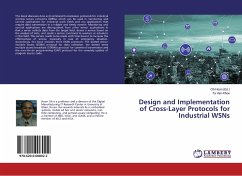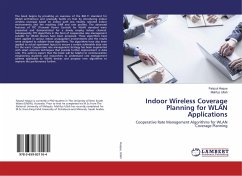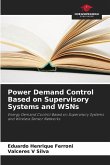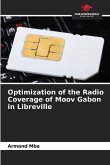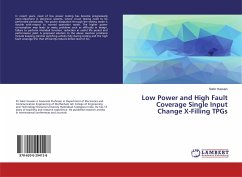In randomly deployed or non-structured wireless sensor networks, the sensor nodes are deployed randomly in the field through aerial dispersion by means of unmanned aerial vehicles (UAVs). The distribution of these nodes across the field will not be uniform. There will be more nodes in some parts, whereas very few in others. Hence, 100% coverage of the sensor field is not possible. Also, battery life is an important constraint in the operation of these nodes. Thus, enhancing the network life, i.e., ensuring that the deployed node-network lasts for a substantially long time, becomes essential. This book presents the MATLAB simulation, hardware implementation, and discussion of the Optimal Backoff Sleep Time protocol based on a novel algorithm that optimizes the node schedule based on randomized sleep assignment and probability of node failure.
Bitte wählen Sie Ihr Anliegen aus.
Rechnungen
Retourenschein anfordern
Bestellstatus
Storno



